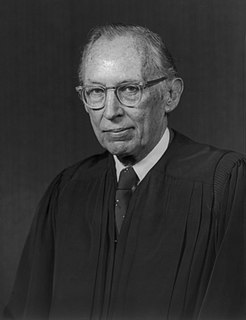A Quote by Charles B. Rangel
I, for one, would think both about how far we have come as a country and how much further we need to go to erase racism and discrimination from our society.
Related Quotes
I was thinking about framing, and how so much of what we think about our lives and our personal histories revolves around how we frame it. The lens we see it through, or the way we tell our own stories. We mythologize ourselves. So I was thinking about Persephone's story, and how different it would be if you told it only from the perspective of Hades. Same story, but it would probably be unrecognizable. Demeter's would be about loss and devastation. Hades's would be about love.
How our governments need standards of integrity! How our communities need yardsticks to measure decency! How our neighborhoods need models of beauty and cleanliness! How our schools need continued encouragement and assistance to maintain high educational standards! Rather than spend time complaining about the direction in which these institutions are going, we need to exert our influence in shaping the right direction. A small effort by a few can result in so much good for all of mankind.
Country' and 'city' are very powerful words, and this is not surprising when we remember how much they seem to stand for in the experience of human communities. In English, 'country' is both a nation and a part of a 'land'; 'the country' can be the whole society or its rural area. In the long history of human settlements, this connection between the land from which directly or indirectly we all get our living and the achievements of human society has been deeply known.
I have a small circle of great friends who push me when I need it, tell me when I need to pick up my pace, and who make me want to be better. Sometimes, when I start procrastinating and just need to find that pep in my step, I think of how far I've come and how we can all be role models in our every day lives.
It is notable how little empathy is cultivated or valued in our society. I put this down to our traditional racism and obsessive sectarianism. Even so, one would think that we would be encouraged to project ourselves into the character of someone of a different race or class, if only to be able to control him. But no effort is made.
I've always wondered what it would be like if the Messiah, or Christ Returned, were actually alive and living in our society; who would that person be, how we would identify them, how would they live and what would they believe in, how would society react to them? I decided to try and tell my idea of that story.
































